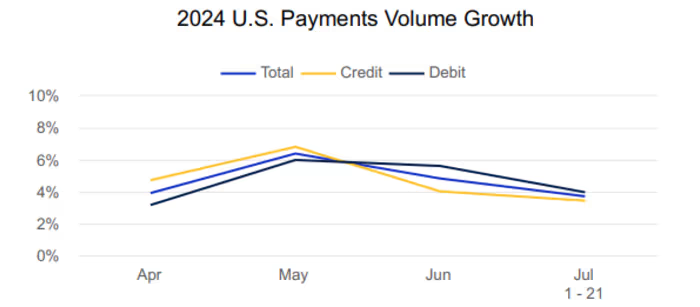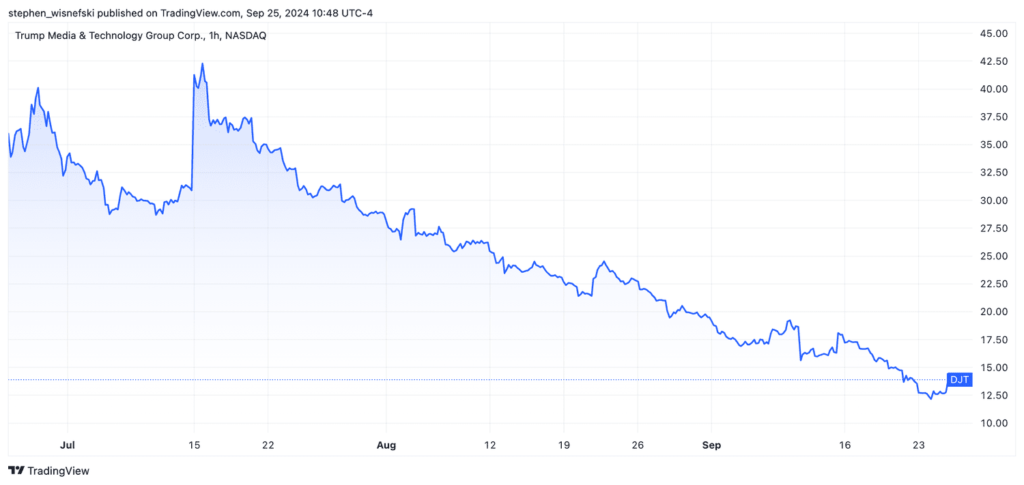Visa stock represents a prominent investment opportunity in the financial services sector, significantly impacting global commerce. As a leader in digital payment solutions, Visa operates a vast network that processes trillions of dollars in transactions annually. This comprehensive guide will explore various facets of Visa stock, its market dynamics, strategic maneuvers, and how recent developments, including acquisitions and legal challenges, affect its value.
What Drives Visa Stock Performance?
Visa stock has demonstrated consistent performance due to several key factors, each intertwined with the company’s business model and market conditions. Understanding these drivers is crucial for potential investors seeking to gauge future performance.

The Impact of Economic Conditions on Visa Stock
Economic conditions greatly influence Visa’s performance. When the economy is thriving, consumer spending tends to increase, leading to higher transaction volumes processed by Visa. Conversely, during economic downturns, discretionary spending declines, negatively impacting Visa’s revenue and, consequently, its stock price.

Monitoring Economic Indicators
Investors should keep an eye on key economic indicators, such as GDP growth, unemployment rates, and consumer confidence indices. A positive outlook in these areas typically correlates with increased consumer spending, benefiting Visa stock. Additionally, economic policies, interest rates, and inflation can also affect consumer behavior and, by extension, Visa’s business.
Recent Developments Affecting Visa Stock
Visa operates in a fast-paced environment where recent developments can have immediate repercussions on stock performance. Two critical areas to consider are legal challenges and strategic acquisitions.
Legal Challenges: Sued to Block Visa’s Initiatives
Recently, Visa faced a lawsuit aimed at blocking specific business initiatives that were viewed as potentially anti-competitive. Such legal challenges underscore the scrutiny that large corporations face, particularly in an increasingly regulated environment. The implications of these lawsuits can create uncertainty, impacting investor confidence and, ultimately, Visa stock prices.
The Broader Implications of Legal Scrutiny
Legal scrutiny is not only limited to immediate financial impacts but can also have long-term reputational effects. Investors often react negatively to news of legal disputes, as it raises concerns about management practices and corporate governance. Keeping abreast of ongoing legal issues can provide insights into the company’s operational integrity and strategic direction.
Settling Complaints: Implications for Visa
Visa has also been involved in settling complaints arising from its business practices. These settlements can result in significant financial implications, including immediate costs and potential future liabilities.
Strategic Decision-Making in Settlements
While settling complaints may seem detrimental, it can also be a strategic move. By resolving disputes amicably, Visa can focus on its core business objectives rather than prolonged litigation. Such decisions can stabilize stock performance by reducing uncertainties associated with ongoing legal battles. Investors should assess how these settlements impact Visa’s operational cash flow and overall market perception.

Strategic Moves: Visa Viewed the $5.3 Billion Takeover as an “Insurance Policy”
In recent strategic maneuvers, Visa announced a significant acquisition valued at $5.3 billion. The company viewed this acquisition as an “insurance policy” to enhance its competitive positioning in the rapidly evolving payments landscape.
The Rationale Behind the Acquisition
Acquisitions serve multiple purposes, including market expansion, diversification, and technology enhancement. By investing in complementary businesses, Visa can broaden its product offerings and improve its service capabilities. This particular acquisition may have aimed to leverage technology that can streamline operations and reduce transaction costs, potentially increasing profitability over time.
Investor Sentiment and Stock Valuation
Investors typically favor companies that proactively seek growth opportunities. Announcing significant acquisitions can lead to an immediate uptick in stock price as the market views these actions as signs of confidence in future earnings. Therefore, understanding the rationale behind such acquisitions can provide valuable insights for investors evaluating Visa stock.
How Garland Influences Visa Stock Performance
Garland, a notable competitor in the financial technology space, plays a significant role in influencing Visa’s stock performance. The emergence of fintech companies poses a challenge to traditional payment processors, pushing Visa to innovate continuously and improve its services.
Competitive Landscape Analysis
As competition intensifies, Visa must adopt new technologies and improve customer experiences to retain its market share. Innovations in mobile payments, cryptocurrency integration, and blockchain technology are areas where Visa must excel. Investors should analyze how effectively Visa responds to these competitive pressures and whether it can maintain its dominance in a rapidly changing environment.
The Future of Visa Stock: Trends to Watch
Looking ahead, several trends will be instrumental in shaping the future of Visa stock. Staying ahead of these trends is crucial for making informed investment decisions.
Evolving Payment Solutions: The Role of Technology
The future of Visa stock will largely depend on the company’s ability to innovate and adapt to changing technologies. With the rise of mobile payments, blockchain technology, and cryptocurrencies, Visa is investing heavily in research and development to stay at the forefront of these trends.
Innovations in Digital Payments
Visa has made strides in enhancing its digital payment solutions, including contactless payments and integrated digital wallets. As consumer preferences lean toward seamless, efficient payment options, Visa’s ability to innovate will be key to sustaining growth.
Consumer Behavior: Shifting Trends
As consumer behavior continues to evolve, Visa must be agile in its approach. The growing preference for digital payments, driven by convenience and safety, will likely sustain the demand for Visa’s services.
Adapting to Consumer Expectations
Understanding consumer preferences is essential for Visa’s future success. The pandemic accelerated the shift towards online shopping and digital payments, and Visa must adapt its offerings to meet these evolving expectations. Continuous market research and consumer feedback will be crucial in refining Visa’s product strategies.
Conclusion: Assessing Visa Stock for Investment
Investing in Visa stock can be a prudent choice for those looking to enter the financial services market. The company’s strong market position, coupled with its commitment to innovation, makes it a formidable player in the industry. However, potential investors must consider the ongoing legal challenges, market competition from firms like Garland, and the overall economic landscape.
Final Thoughts on Visa Stock
By staying informed and monitoring these factors, investors can make educated decisions regarding Visa stock. Whether through tracking economic indicators, understanding the implications of legal challenges, or analyzing strategic moves, a comprehensive approach will provide a clearer picture of Visa’s potential as a robust investment.





